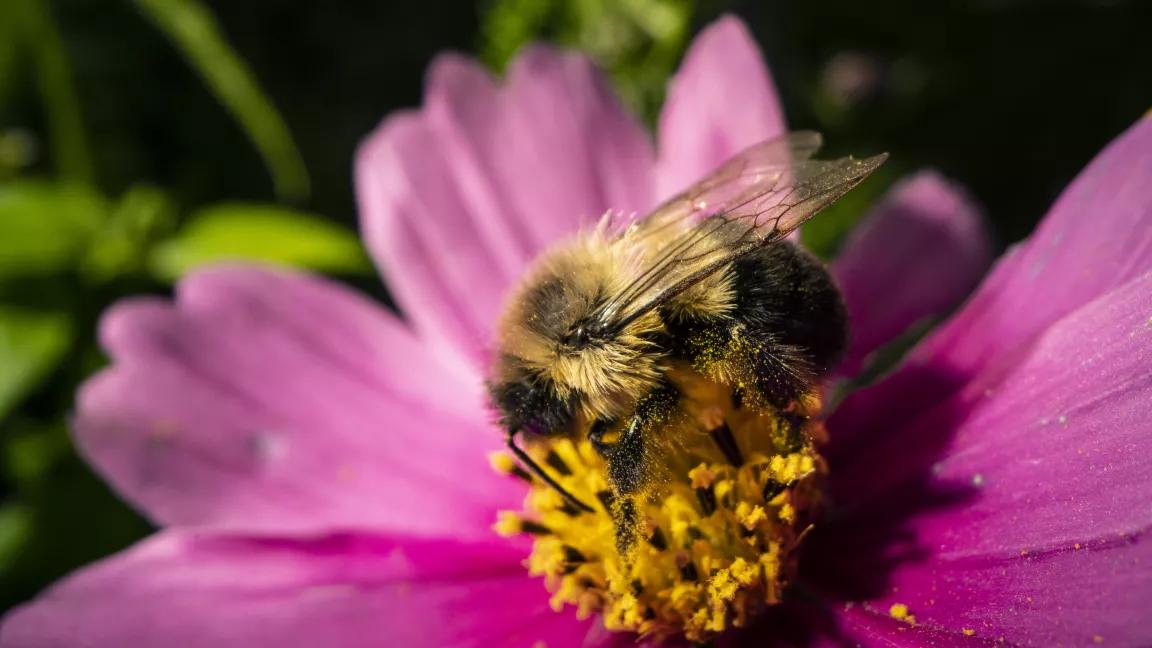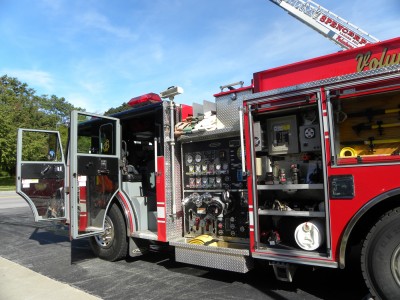NYFB opposes recently passed Birds and the Bees Protection Act

In an effort to protect pollinators, the New York State Assembly passed an updated version of The Birds and Bees Protection Act (A.7640, Glick), which would restrict the use of neonicotinoid pesticides on certain seeds, outdoor ornamentals and turf. It would also require the Department of Environmental Conservation (DEC), in consultation with the Department of Agriculture and Markets and SUNY College of Environmental Science and Forestry (ESF), to identify practicable and feasible alternatives to the use of neonicotinoid pesticides. This updated Birds and the Bees Protection Act has also passed the Senate.
New York Farm Bureau President David Fisher is concerned by the vote to ban an entire class of pesticides and treated seeds, especially because of the precedent it sets. “The Department of Environmental Conservation and its expertise should maintain the authority to properly review and register risk management tools, something the legislature is stripping away,” said Fisher.
In June 2020, Cornell University released a state-funded report that provided a comprehensive risk-benefit analysis of neonicotinoid insecticide use in New York State. The report found that the routine use of neonicotinoid-treated seeds does not consistently increase net income for New York field corn or soybean producers and that neonicotinoid-treated corn and soybean seeds do not consistently increase expected net income compared to untreated seeds. However, the widespread use of neonicotinoid-treated seeds incurs risks for insect pollinators.
Fisher said, “Seeds treated with neonicotinoids were designed to be safer and reduce pesticide use. While we share the same goal as supporters of the legislation, to always look for ways to reduce our environmental footprint, we believe the end result of this ban will force farms to revert back to spraying greater amounts of older pesticides as well as increasing tillage to combat harmful pests, releasing more carbon in the soil and increasing the likelihood of soil erosion. This will only create additional environmental and climate issues for the state, moving us backward.”
The New York Farm Bureau is calling on Governor Hochul to veto the bill.
Provided information




